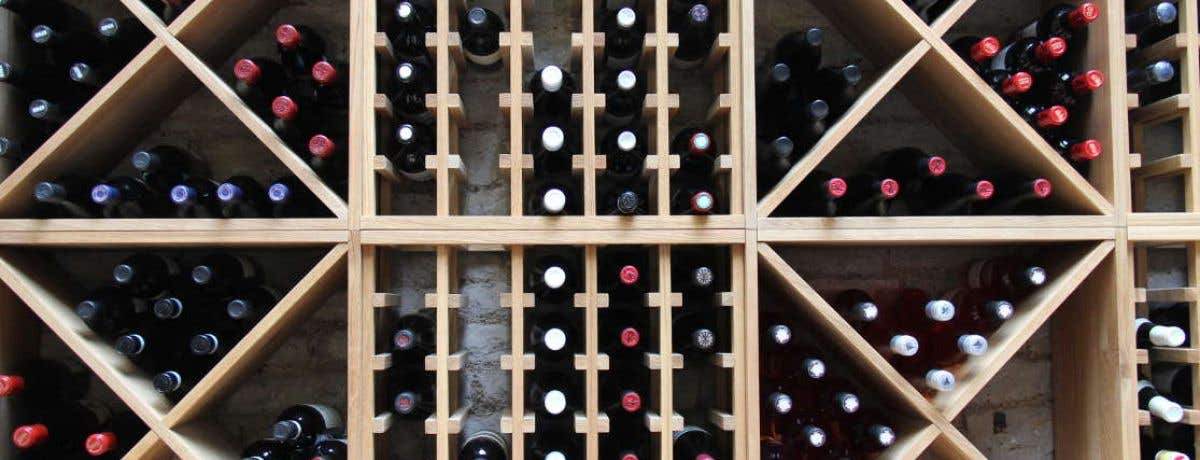Bringing a bottle
Last updated: 3 July 2019
Some people think that because of their age or status, it is somehow not 'done' to bring a bottle. Others would never dream of crossing a friend's threshold without a bottle of wine in hand. I can't see why anyone would resent the gift of a bottle thoughtfully chosen; although anyone who expects every guest to bring a bottle and gets upset if they don't, is probably wise to spell this out in advance.
One of the touchier questions of modern etiquette is whether you have to open a bottle that someone brings, or can you keep it and savour it on another occasion? I would say that if someone brings a bottle of white or sparkling wine ready-chilled or, as has frequently happened to me, a red wine already decanted, then this should be taken as a pretty strong hint that its donor expects the wine to be drunk then and there. If, however, your guest arrives and puts a bottle on one side without comment, then you are not duty-bound to open it. However, the perfect host would probably unwrap it at some point, express thanks, and ask whether the guest would like to taste it ('taste' being such a useful euphemism for 'drink').
(Naff, by the way, is a British expression for something we all agree to look down on.)
Naff bottles
Cheaper branded wines eg Blossom Hill, Gallo, Barefoot, Yellow Tail, Piat d'Or, Mateus, Lambrini, Liebfraumilch.
Any really cheap table wine wines in funny, asymmetrical bottles; wine with serving suggestions as titles; or wine in containers other than bottles
Not as naff as many people think
Supermarket own-label wines – although few look good enough to present to design gurus, some taste quite good.
Something non-alcoholic, especially if you're not drinking.
Smart choices
Champagne – almost always appreciated. Bollinger and Louis Roederer (or Krug, Dom Pérignon or Cristal if you can afford it) are gold chip presents; Deutz, Gosset, Charles Heidsieck, Laurent Perrier, Bruno Paillard, Pol Roger, Ruinart, Taittinger and Veuve Clicquot are all reliable large houses but a bottle from one of the more admired growers such as Selosse or Vilmart would show that you really know your stuff. Vintage-dated is always a treat.
Obscure wines – either a small, unknown producer of a well-known wine such as Barolo, sherry, or Chablis, or something new (a weird new grape variety or curiosity from eastern Europe or Asia), or something not in general commercial distribution (such as Château Latour’s basic Pauillac, effectively its ‘third wine’, for example). A good independent wine merchant can be invaluable here, or a bottle brought back from abroad.
Sweet wines – good Sauternes, Vouvray, Monbazillac, Jurançon and Late Harvest Riesling are all stylishly unusual, and usually appreciated even in half-bottles.
Olive oil – estate bottled oils and DOP balsamic vinegar are what wine pros take to each other's houses.